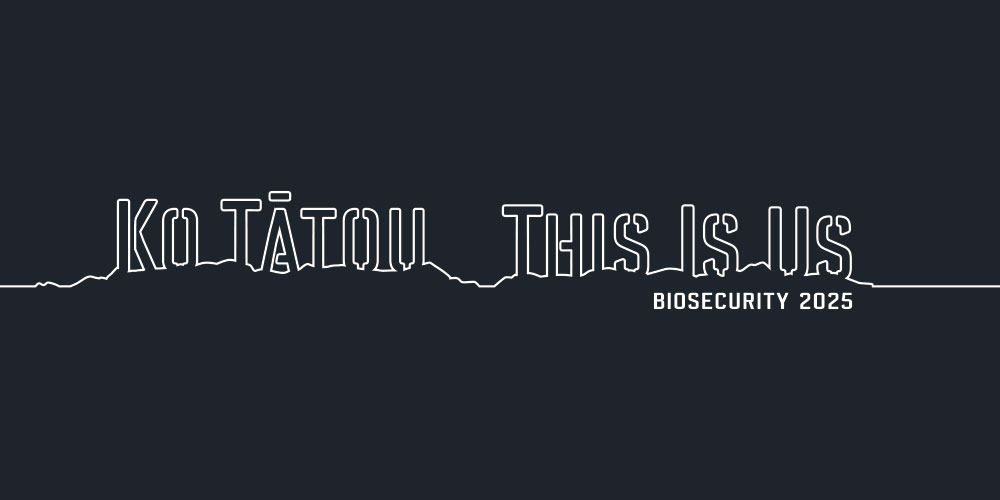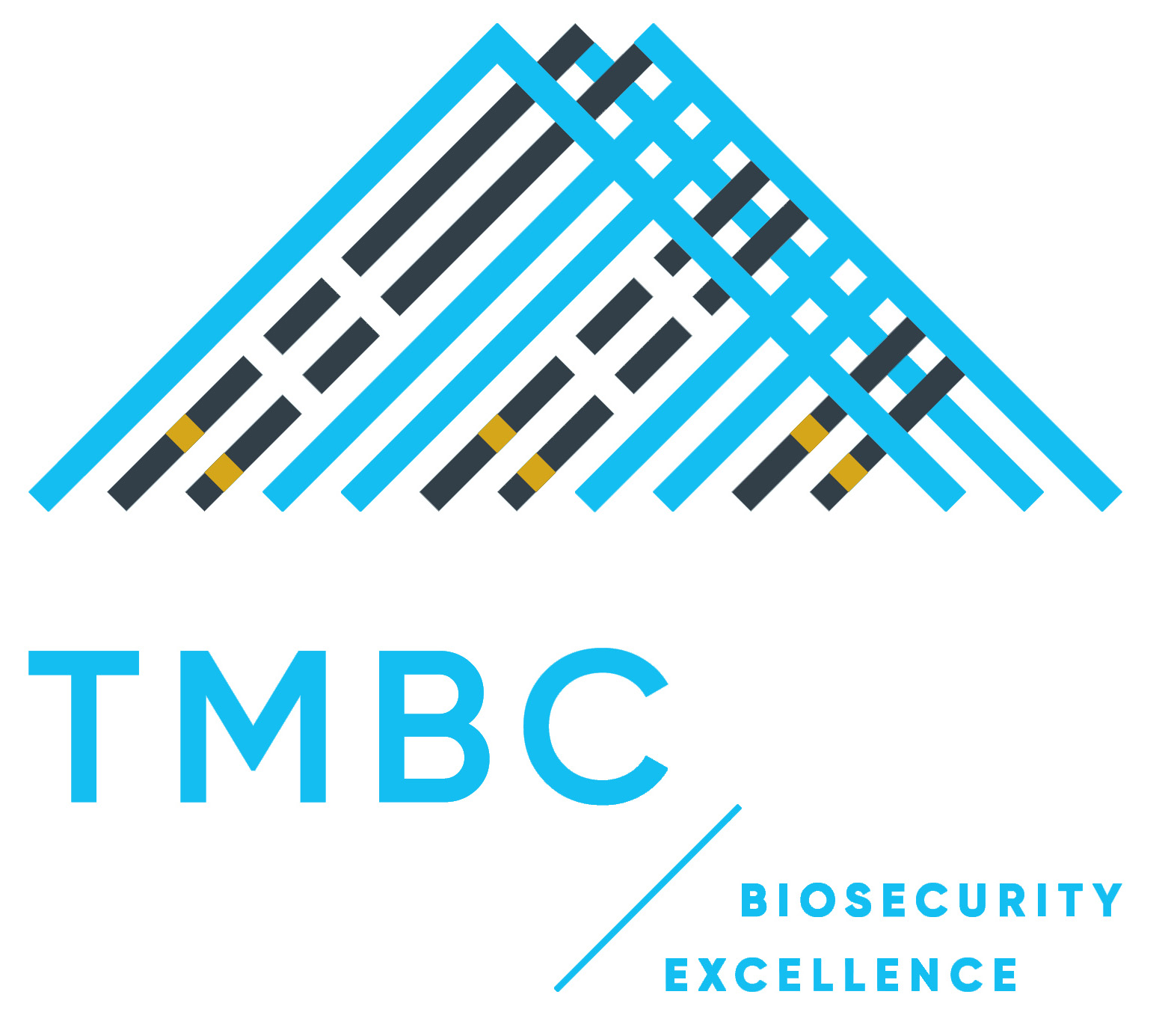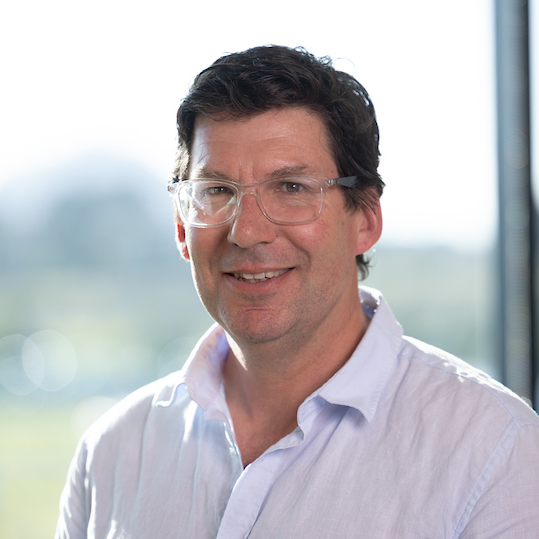
Photo by Jamie Troughton/Dscribe Media Services
Andrew Harrison Consulting - Managing Director
Andrew Harrison
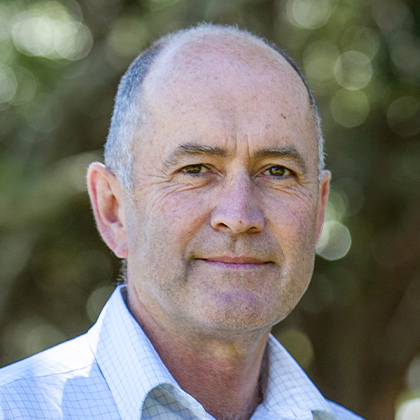
Barry O'Neill
Horticulture NZ - Chairman
Barry O'Neil
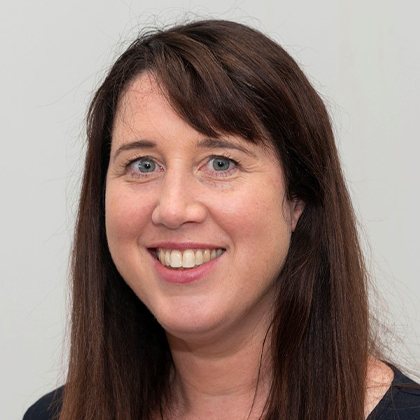
Dr Beccy Ganley
Plant & Food Research - Science Group Leader + Co-Chair
Dr Beccy Ganley
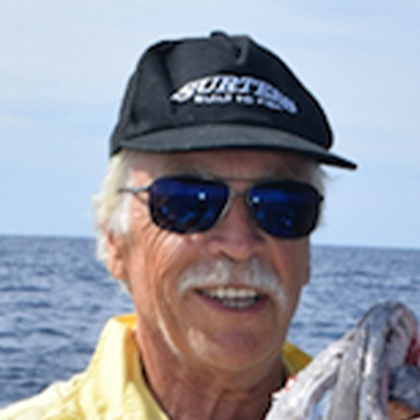
Bill Dyck
Biological Heritage - Knowledge Broker
Bill Dyck
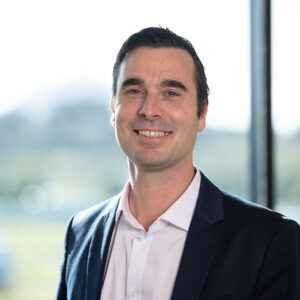
Photo by Jamie Troughton/Dscribe Media Services
NZ Avocado - Biosecurity Manager
Brad Siebert
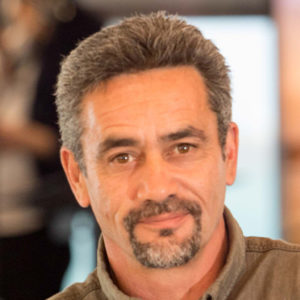
Carlton Bidois
Tauranga Moana Biosecurity Capital - Co-Chair
Carlton Bidois
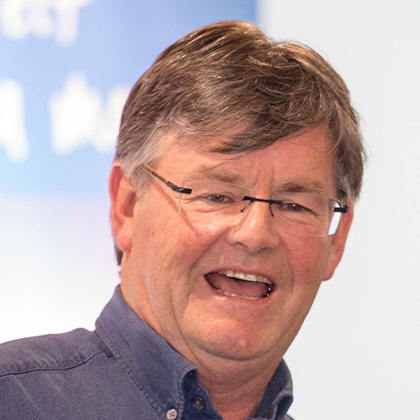
Dr Chris Battershill
University of Waikato - Chair in Coastal Science
Dr Chris Battershill
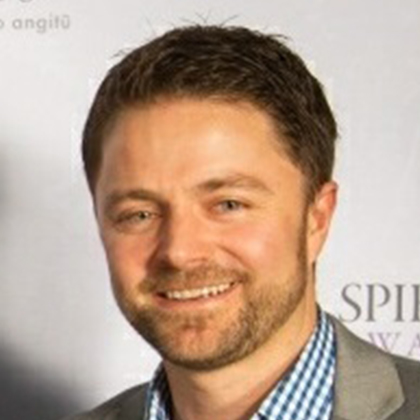
Jeff Milham
Department of Conservation - District Manager
Jeff Milham
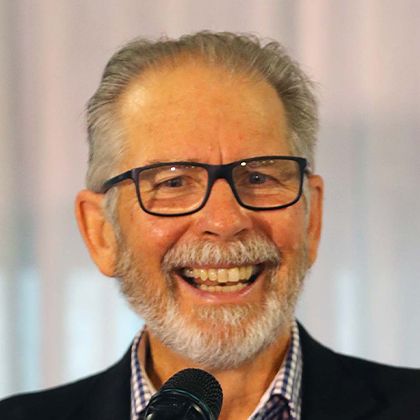
Graeme Marshall
Tauranga Moana Biosecurity Capital
Graeme Marshall
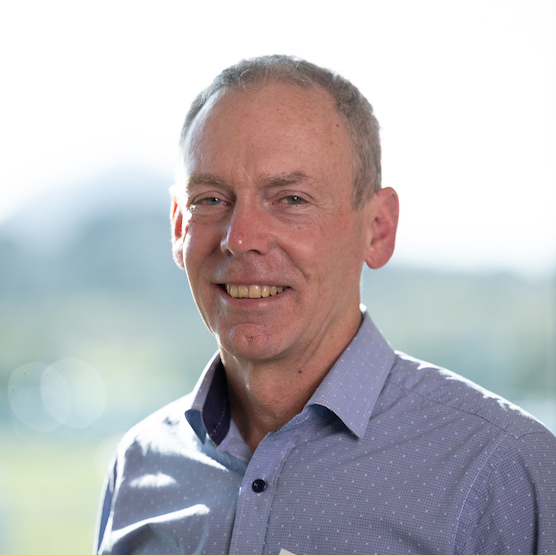
Photo by Jamie Troughton/Dscribe Media Services
Bay of Plenty Regional Council - Biosecurity Manager
Greg Corbett
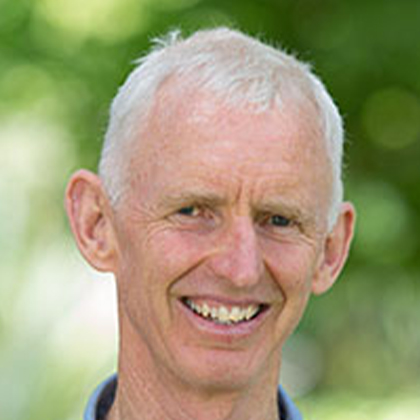
James Trevalyn
Trevelyans - Managing Director
James Trevelyan
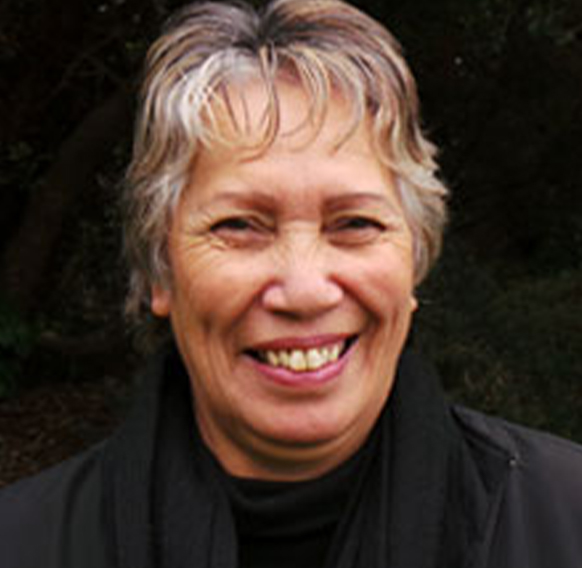
Tauranga Moana Biosecurity Capital - Māori Caucus
Matire Duncan
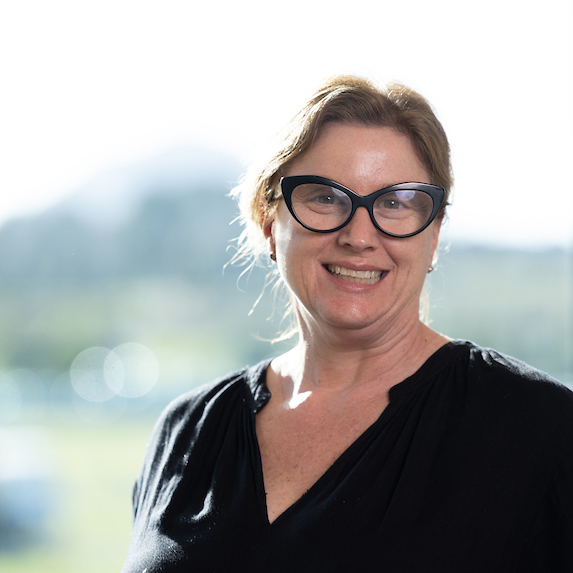
Photo by Jamie Troughton/Dscribe Media Services
Biosecurity New Zealand - Team Manager Engagement Programmes, Partnerships & Engagement
Jo Darby
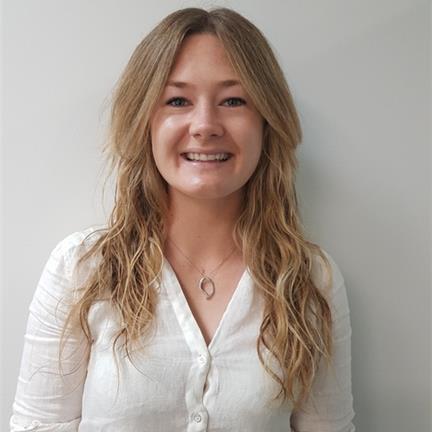
Western Bay of Plenty Distrcit Council - Senior Policy Analyst
Liesel Carnie
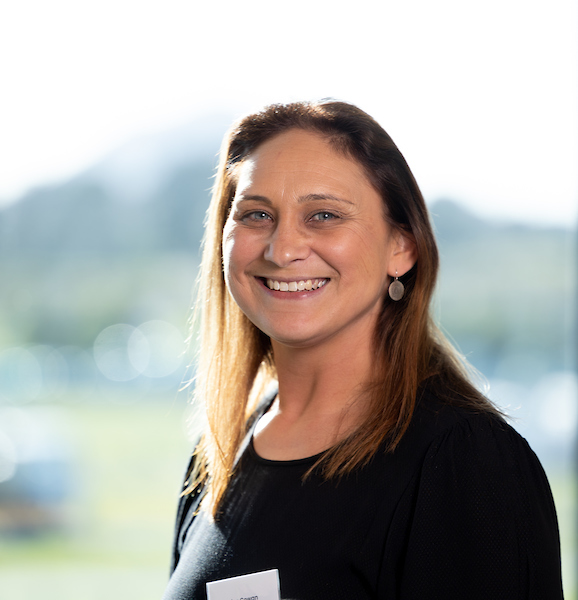
Photo by Jamie Troughton/Dscribe Media Services
Tauranga Moana Biosecurity Capital - Programme & Events Manager
Lisa Cowan
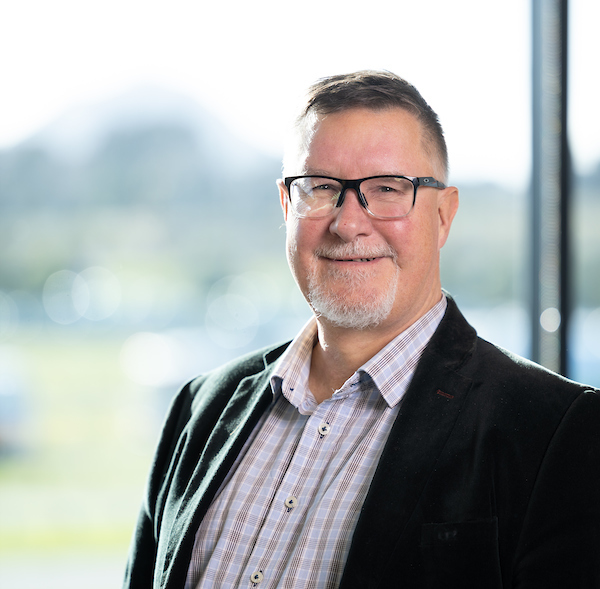
Photo by Jamie Troughton/Dscribe Media Services
Biosecurity New Zealand - Manager Partnership & Engagement
Tim Fraser
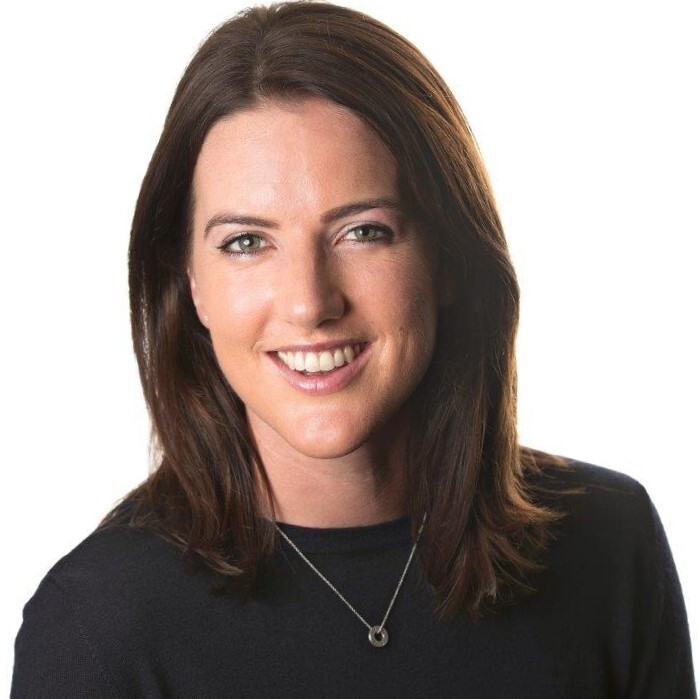
Zespri - NZ Government & Regulatory Affairs Manager
Annabelle Robb
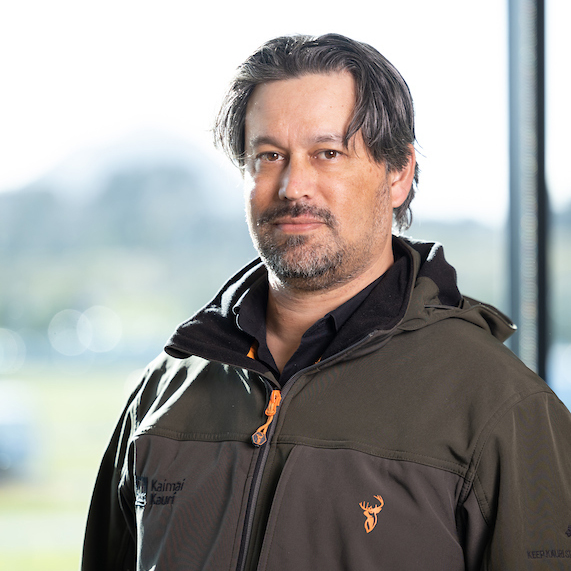
Photo by Jamie Troughton/Dscribe Media Services
Tauranga Moana Biosecurity Capital - Māori Caucus
Riki Nelson

Biosecurity New Zealand - Chief Biosecurity Officer
Stu Hutchings
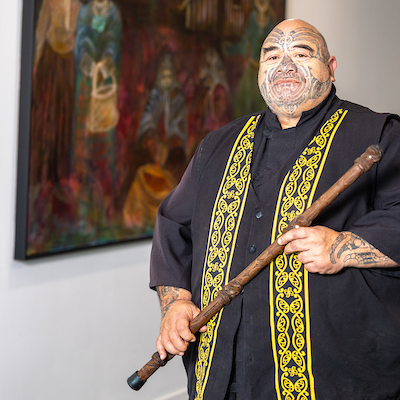
Photo by Jamie Troughton/Dscribe Media Services
Tauranga Moana Biosecurity Capital - Māori Caucus
Hayden Henry
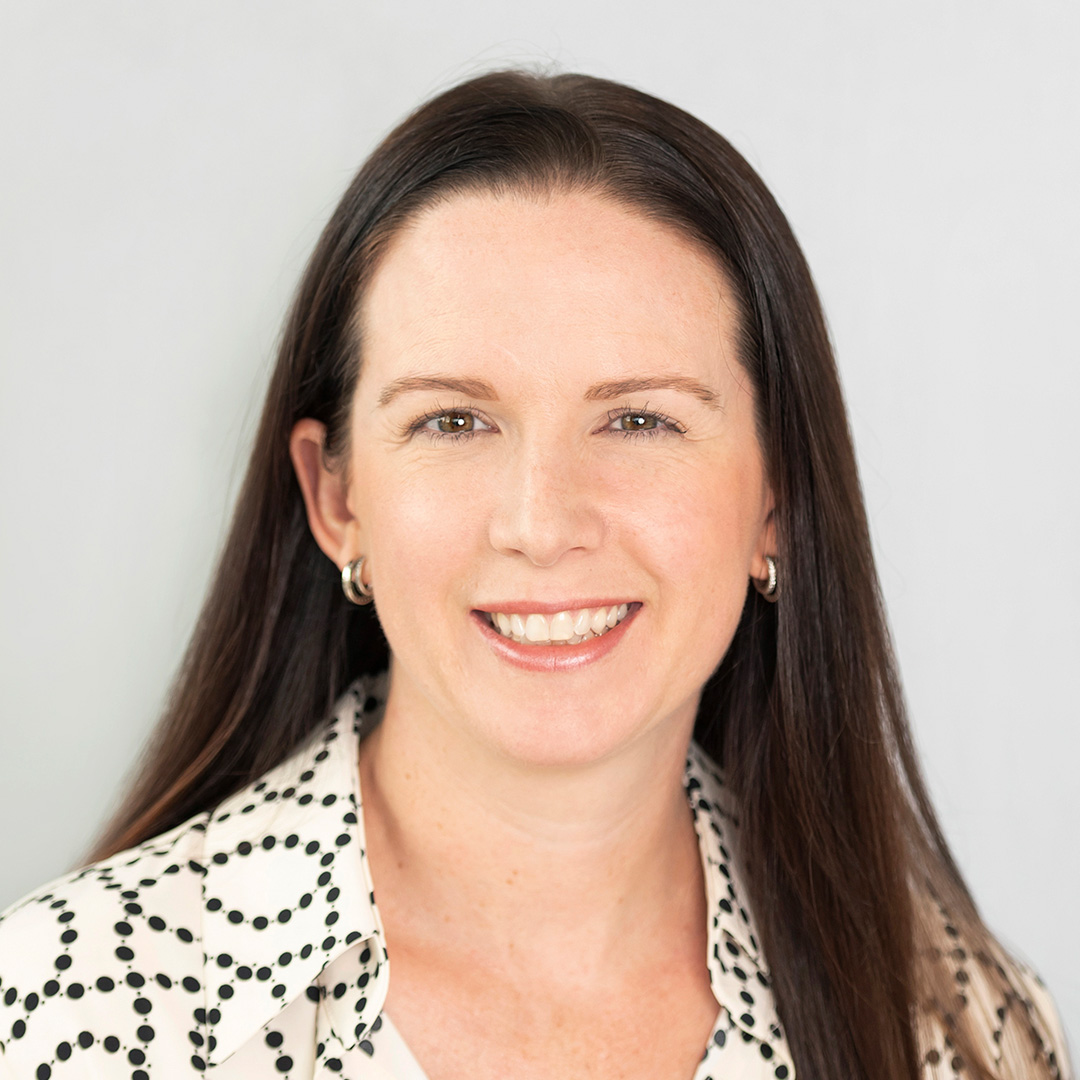
Leanne Stewart
Kiwifruit Vine Health - Chief Executive
Leanne Stewart
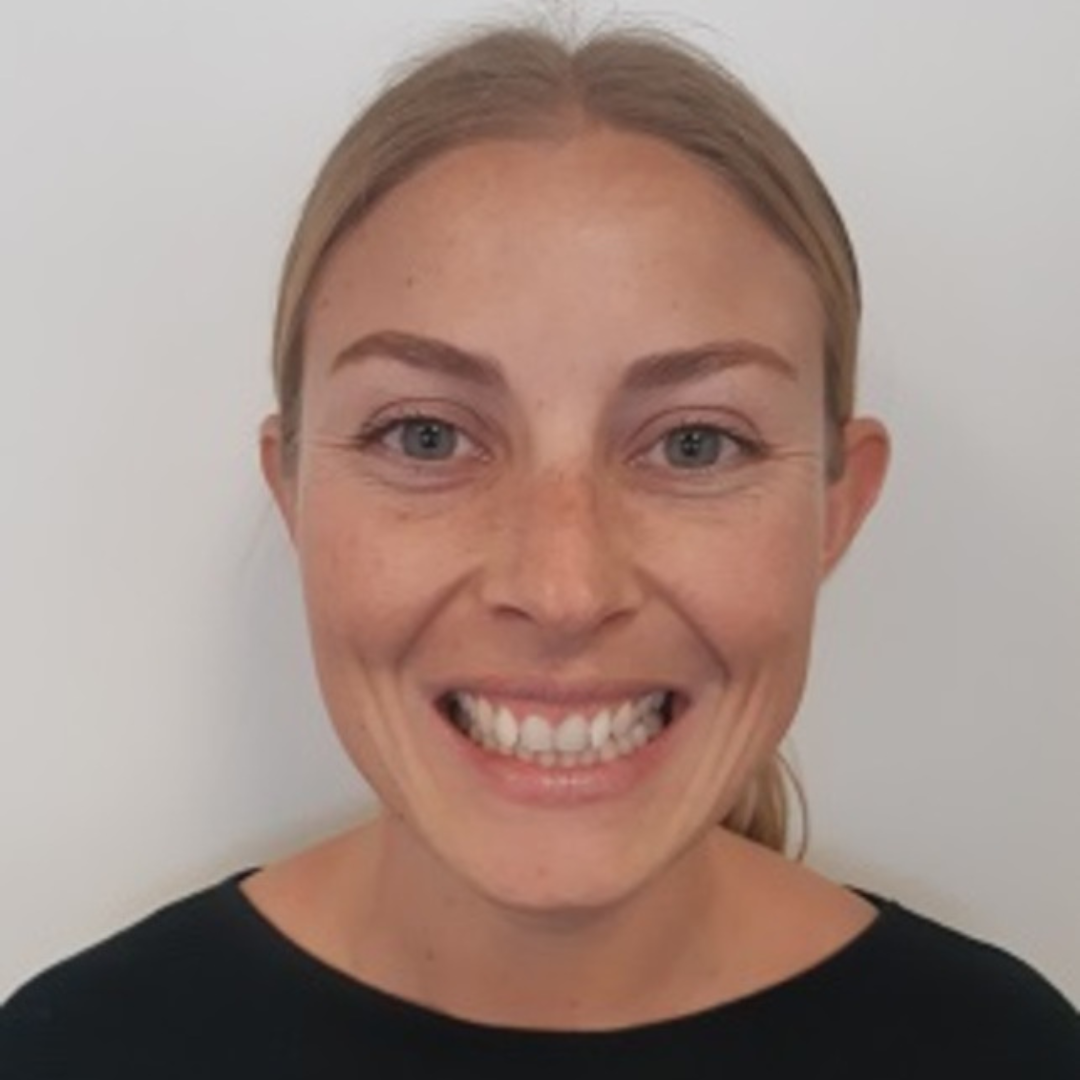
Nicole McConnell
AsureQuality - Biosecurity Response Programme Coordinator
Nicole McConnell
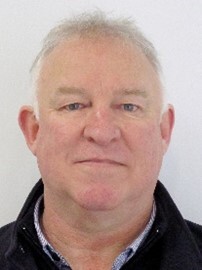
Richard Calvert
AsureQuality - Biosecurity Capability Network Coordinator
Richard Calvert
Join TMBC to strengthen NZ’s biosecurity team of 5 million – that’s all of us!
